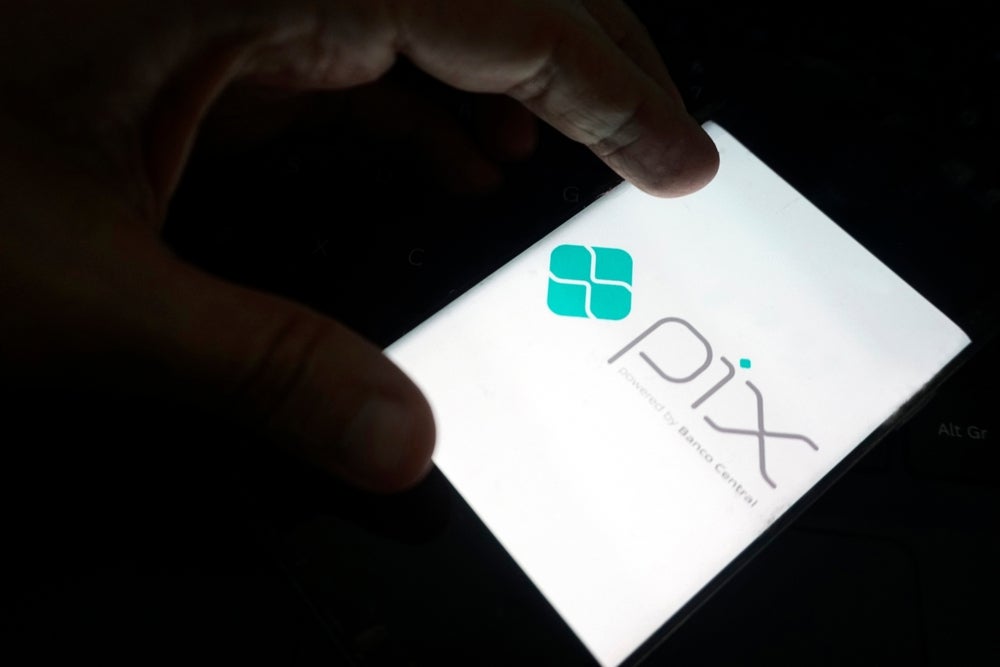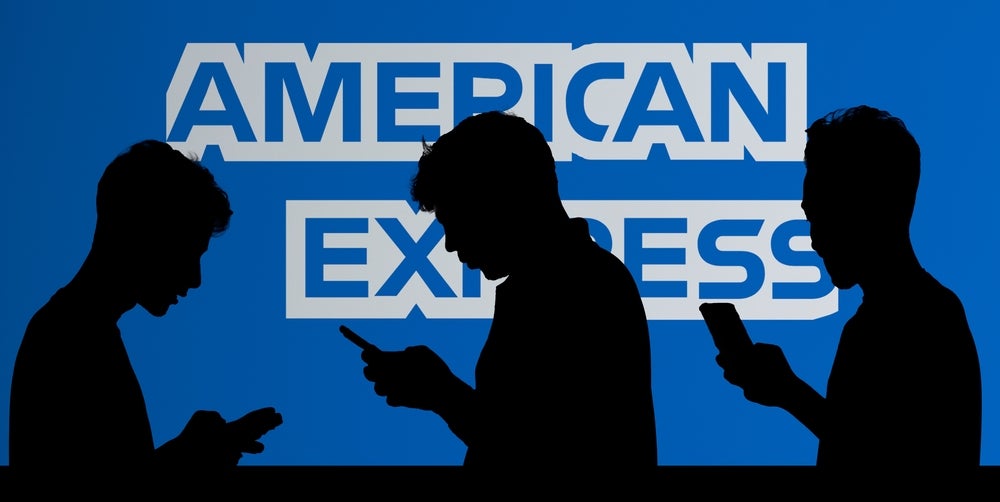eBay says farewell to its 15-year partnership with PayPal, and chooses Ayden as its primary payments partner. Ralf Gladis, CEO of Computop, speaks to Briony Richter about what this means for the payments industry
In what eBay describes as a strategic move to improve customer experience, the e-commerce marketplace announced on 31 January that it will now be working with Ayden, a Dutch startup that launched in 2006.
Ayden offers over 200 methods of payment across more than 150 currencies, and boasts other clients such as Facebook, Uber, Netflix and Spotify.
Nowadays, consumers expect to be able to both shop and checkout on the site where they transact, eBay says in a statement. As eBay intermediates these payments, customers can complete their purchases on the online marketplace, with eBay now being able to provide a seamless checkout process.
PayPal is used by many around the world, but it does face tough competition, ranging from industry giants like Amazon and Apple, as well as the new players like Ayden. Ultimately, consumers desire choice and to be able to easily use their preferred payment method.
Gains control
How well do you really know your competitors?
Access the most comprehensive Company Profiles on the market, powered by GlobalData. Save hours of research. Gain competitive edge.

Thank you!
Your download email will arrive shortly
Not ready to buy yet? Download a free sample
We are confident about the unique quality of our Company Profiles. However, we want you to make the most beneficial decision for your business, so we offer a free sample that you can download by submitting the below form
By GlobalDataExplaining the reasoning behind eBay’s dropping of PayPal, Gladis notes: “eBay essentially gains more control of its checkout process by replacing PayPal with a customised payment service.
As such, eBay will be able to provide a smooth checkout process, customised for the local habits of buyers in each and every market in which it operates.
“That will be a huge improvement for its users who reside in many different countries and have many varied spending habits and expectations with regards to payments.
Gladis continues: “There is no doubt too that many local consumers from different countries love to use their preferred local payment method. This always translates into much better conversion rates for sellers or merchants too. By taking ownership of the payment process, eBay will be far better positioned to deliver this.”
Currently eBay customers have to register with PayPal, and checkout payments all occur on PayPal’s platform. By partnering with Ayden, eBay will have more control over all data and information, allowing it to better understand consumer behaviours and trends.
Transition
eBay explains that for sellers, this transition will reduce costs tied to payments processing, and provide greater buyer reach and improved conversion by offering buyers more choice on how they pay.
Furthermore, eBay is working on expanding the reach of sellers into new geographies and centralising information. So, what does this mean for the payments industry?
Gladis says: “The fees of local payment methods are typically much lower than PayPal’s. Given that PayPal provides a global payment method it adds a lot of service and value, which explains higher fees.
“However, eBay will probably be able to provide lower payment fees to its sellers and still secure a margin for itself in the process, given its large volume. Overall, it means more choice and control for all consumers and merchants.”
Ayden will start processing eBay payments in North America in the second half of 2018, and by 2021 eBay expects to have transitioned a majority of its marketplace customers to the new payments experience.
Taking on a new partnership can have its transitional difficulties but Gladis feels that eBay has relied on PayPal for too long.
“The first signs of eBay’s new checkout should appear in the US during the second half of 2018, but it will take until 2021 until the new payment process should be in place – it’s not an easy task.
“Reviewing and replacing payment options is a normal process for most international retailers. The company acknowledges it has a significant challenge ahead that will bind many resources for several years. For the sake of its customers I hope eBay gets it right.”
Traditional payment methods are undergoing a paradigm shift with the arrival of new technologies and a change in demand among consumers. The adoption of open APIs, innovation in cross-border payments, and a rapid growth in digital payments are transforming the current payments industry.
Direction of travel
Asked where he thinks the payments industry is heading, Gladis says: “E-wallets like AliPay, Masterpass, PayPal and WeChat will become more invaluable in coming years.
“Wallets will process payments online, in-app and in-store via NFC or QR code. I also believe a rather old-fashioned payment method will also soon regain mainstream popularity: bank payments and transfers.
“We are starting to see evidence of the rising popularity of bank accounts for payments due to the introduction of Faster Payments in the US and UK and Instant Payments in Europe. These make it much faster, easier and more convenient for consumers to send money from account to account.
Gladis adds: “Historically in Europe, with 28 member states and just as many banking systems, it had been difficult, expensive and slow to transmit money between countries. However, with SEPA Instant Payments announced for 2018 it will be easy, fast and cost-effective to send money to any European account within 10 seconds, 365 days per year.
“Being able to process European payments instantly from account to account will be a big leap forward towards a cashless society.”
Creating a more convenient payments sector for consumers is not just about adding the newest technologies – like what eBay is doing, it is also about finding the right partners to work with and listening to what consumers want.






